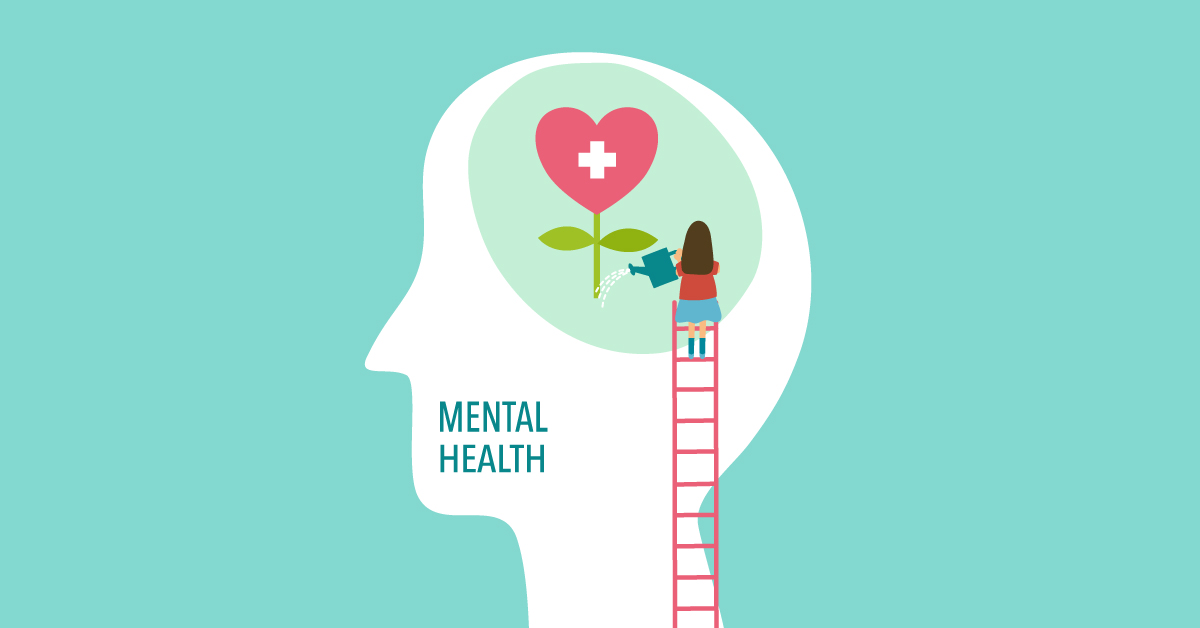How Covid-19 Affects Mental Health After Recovery

The COVID-19 pandemic has been a struggle for everyone around the world. Everyone knows someone who has gotten sick from it, and some people still have lingering side effects as a result.
Patients may have sought treatment from one of the best hospitals or specialists near them, but not much can prepare a survivor for the struggles of recovery. The impact from the virus and subsequent hospitalization can have a negative impact on a person’s mental health.
In some cases, it can make true recovery much more difficult than it should be. Here’s how COVID-19 can affect your mental health and your brain.
Effect on the Brain
COVID-19 affects everyone differently, from a loss of a sense of smell to lung damage. In many of the more serious cases, people can experience a wide range of conditions even after the virus has left their system. These can include brain fog, dizziness, and fatigue.
Part of the reason for these side effects is the damage caused by the virus. COVID is known to cause blood clots, which can put a strain on your organs. It also attacks your lungs, which means less oxygen available for your brain.
Mental Health After COVID-19
In addition to a potential brain trauma, the experience of hospitalization and severe illness aren’t great for a person’s mental health. While the CDC provides information on coping with stress, it doesn’t necessarily address survivors’ struggles.
Johns Hopkins Medicine found that the severity of neurophysiological symptoms was high long after recovery. Additionally, some patients have suffered ongoing panic attacks and anxiety.
Mental health is an important factor of rehabilitation for patients that suffered lung damage or other ongoing symptoms. Additionally, COVID-19 patients were likely kept separated from family for their hospital stay. That isolation can cause depression and other mental health problems.
COVID-19 and mental health are linked. However, the effect of COVID-19 on mental health is still being researched up to this day.
Seeking Help
You shouldn’t ignore your mental health after COVID-19 recovery. Lingering side effects are expected, so don’t expect things to instantly go back to normal.
If possible, seek out professional help from a therapist. They can talk you through whatever’s troubling you and help you understand that you’re not alone in your experience.
You should also schedule follow-up appointments with your general physician and specialists. A neurobiologist can help with “brain fog” – a persistent impairment in focus and attention – and track your recovery.
Treating COVID-19 and Mental Health
Recovering from any long-term illness can put a strain on your mental health. COVID-19 is especially traumatizing with how quickly it spreads and affects everyone differently.
Don’t be surprised if it takes you longer to recover than other people you know. There’s no rushing good health.
Physicians Premier was founded to provide immediate care for patients without a long wait time. If you or someone you know has developed symptoms of COVID-19, don’t hesitate to seek out help from your local emergency room in Corpus Christi.
Sources
Centers for Disease Control and Prevention. (2021, July 12). Post-covid conditions. Centers for Disease Control and Prevention. https://www.cdc.gov/coronavirus/2019-ncov/long-term-effects.html
Minkove, J. F. (2021, May 13). Shedding light On COVID-19 Survivors’ mental health. Shedding Light on COVID-19 Survivors’ Mental Health. https://www.hopkinsmedicine.org/news/articles/shedding-light-on-covid-19-survivors-mental-health
“What is COVID-19 brain fog — and how can you clear it?” Harvard Health Blog, https://www.health.harvard.edu/blog/what-is-covid-19-brain-fog-and-how-can-you-clear-it-2021030822076


